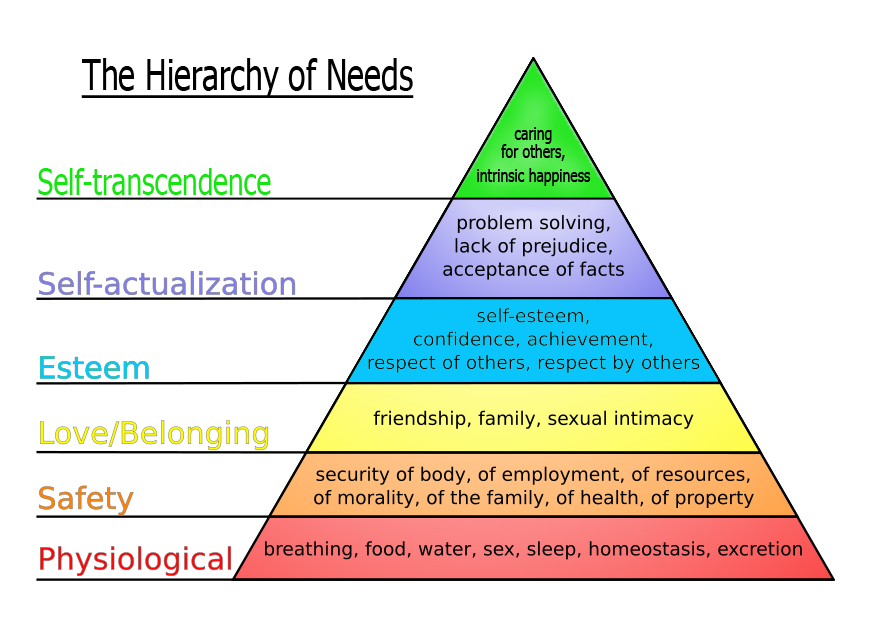Love and intimacy is at the root of what makes us suffer and what brings joy at the same time.
This holds true for our relationship with others, and also our relationship with ourselves.
It is probably the most difficult thing for us to accept and be with our vulnerable parts.
We know how to be close and caring towards other people, but it is so difficult to be intimate with the parts of us that we avoid or deny.
Carl Jung says that unfelt or unseen parts of our psyche is the source of emotional difficulties.
Our emotional pain begins to heal through learning to be with those parts of us.
In Buddhism “compassion” often means to “be with.”
I find the following exercise introduced by Tara Brach a useful tool to cultivate our ability to “be with” ourselves.
- Recognise what is going on internally
- Allow the experience to be here as it is
- Investigate with interest and care
- Nourish with self-compassion
This is called “The RAIN of self-compassion practice.”
R – Recognise what is going on internally
This is the first part of being ourselves – bringing our attention to what is happening “internally.”
The ability to purposefully “pause” opens up freedom to choose our response rather than being reactive.
A – Allow the experience to be there, just as it is
This means acknowledging what is true for us in the present moment without judgement. We do not try to control our inner experience, whatever it is.
Rather we invite it to be here and let it be as much as it is.
I – Investigate with interest and care
This part is like an inner dialogue with ourselves.
Through our inner dialogue, we can deepen our attention to our inner experience. You may ask yourself:
“Where do I feel my feeling in my body?”
“What am I afraid of right now?”
“What do I most need right now?”
It is important to recognise our emotions on a feeling level, not just on a head level.
If you don’t feel like doing this part, that’s fine too. You can just acknowledge how you feel and let it go.
Remember, what is important first and foremost is to respect what is true for you in the present moment.
N – Nourish with self-compassion
This part is to express compassion to yourself.
Say to yourself “I’m sorry,” “I love you,” “It’s not your fault,” “It won’t last forever,” or “Don’t worry.”
If you want to know more, here is Tara Brach’s website page “The RAIN of Self-Compassion.”
This is a powerful tool to use for cultivating self-compassion and self-acceptance.
“The boundary to what we can accept is the boundary to our freedom.” (Buddhist teacher)






